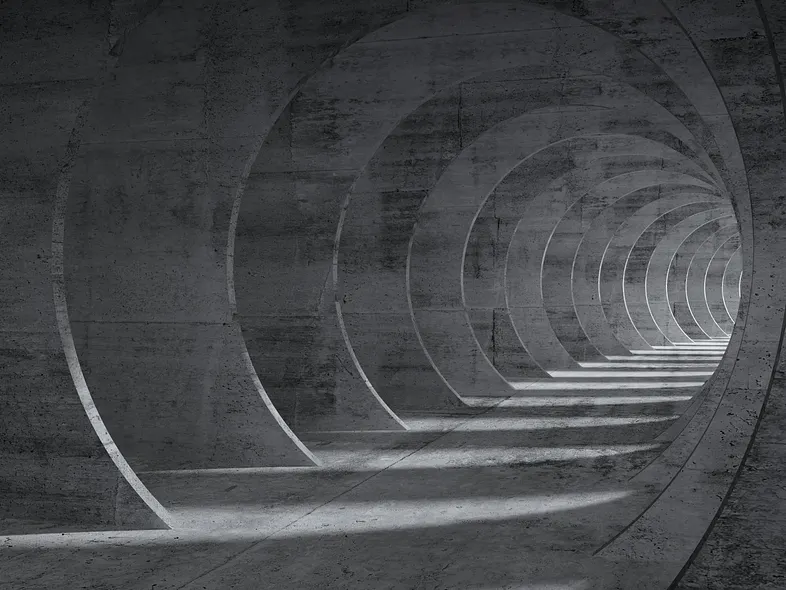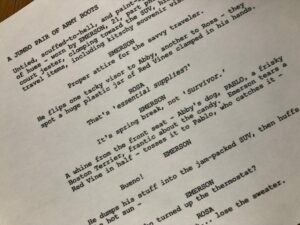What if Your Destiny Was Sealed Long Before You Took the First Step?

A Mindset for Finishing Big Creative Projects
I once took on a crazy and intense book doctoring project in which I had six weeks to finish writing two thirds of a book that another ghostwriter had… ghosted. This writer had been lured away by another juicy project and dropped her client, so I was hired by the publisher to come in and try to bring it home.
45,000 words in 6 weeks, in an undeveloped book, is an insane amount of work. It’s truly an unhealthy endeavor, and burnout-inducing if you’re not careful. Hell, even if you are careful.
The prospect of the work was so monstrous that I developed a mantra: The book is already written. The work is already done.
When I thought about that mantra, it fostered the idea that the book was already out there in the ether, that it existed in the realm of all possibilities and was only waiting to be called forward into this reality. All I had to do was get out of the way and let it come through.
The mantra also helped me imagine a time when this ordeal would be over, when I would be on the other side of the experience with a completed project and, hopefully, a major accomplishment under my belt.
The mantra soothed me. Instead of conceiving of the project as one Herculean task that I had to accomplish largely on my own, I tapped into the book as an existing entity or energy and invited it to come through.
It didn’t remove the need for long hours at my desk, to be clear. I still had to sit there and pound it out. But what it did do was help to alleviate the charge that existed around it: the fear, the anxiety, the uncertainty. It also helped me align more closely with the already-in-existence is-ness of the book, which kept me from fighting its nature.
The book was already out there. I only had to invite it to come into written form.
An Old Idea
I’m not the first to tap into this idea, by any means. In his book Performance: Revealing the Orpheus Within, British lutenist Anthony Rooley looked at the role of observer and performer. He believed that the performer does not create the performance but instead is “responding to and transmitting a force of creative energy and…



















